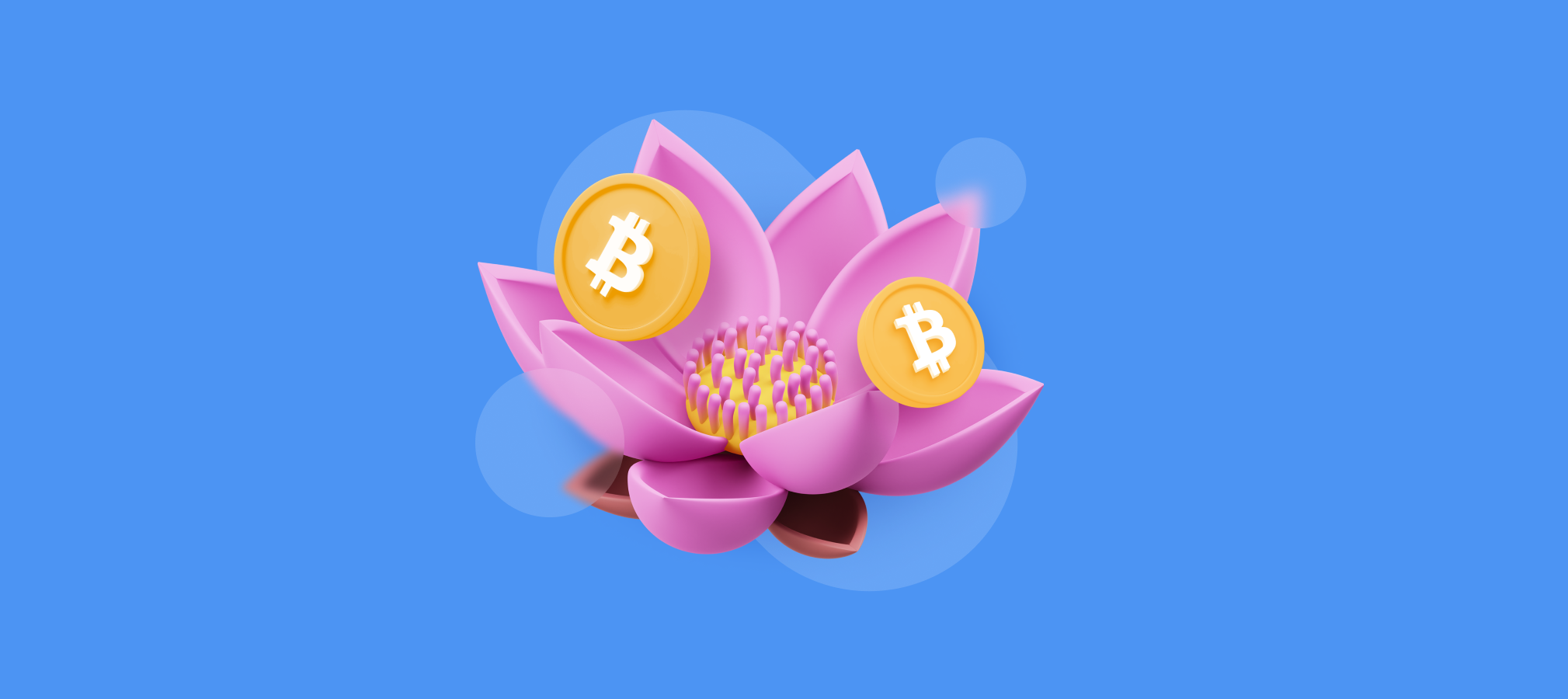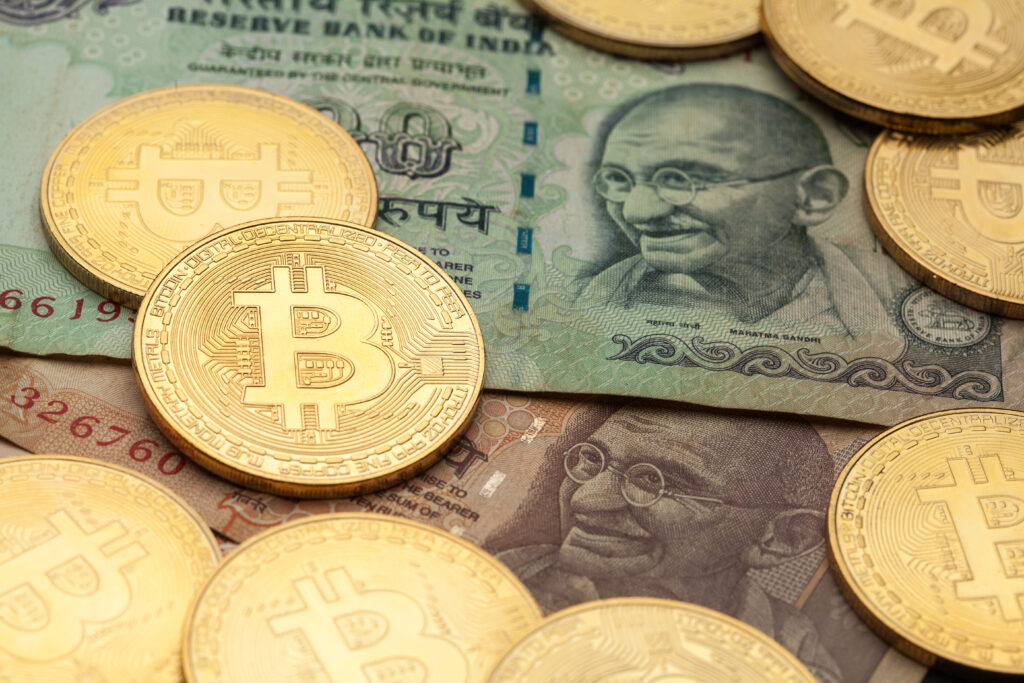Crypto In India

This blog post will cover:
- 2015
- 2017
- 2018
- 2019
- 2020
- 2021
- 2022
India has a very complicated history with cryptocurrency. It is one of the countries that are trying to ban crypto. Since the very beginning of crypto, the Indian government has been issuing warnings to prevent people from investing in it, addressing it as a Ponzi scheme. Cryptocurrency came to India in 2013 - 2015, it was represented by a number of exchanges, such as Unocoin, Coinsecure, and ZebPay. They existed until the government started to intervene.
2015
This year was marked by the boom of crypto in India. More exchanges appeared. Even though they were more limited than global exchange services, the interest in crypto was so high that people actually took bank loans to buy in. Here the problem occurred. At that moment Bitcoin was rising. However, if it had started to go down, this would have meant not just money loss, but also unbearable debts. The situation stayed the same until 2017.
2017
2017 was the year when warnings were replaced by two PIL (People interest litigation) filed in the Supreme Court. They had different goals. The first one asked to ban crypto in general, the other only asked for regulations. The same year the government formed a committee to study the problem of crypto.
2018
In April 2018 after Bitcoin fell by about 50%, Indian Central Bank banned crypto sales and purchases. First of all, that announcement applied to financial institutions that were regulated by the Reserve Bank, which were given three months to finish all relevant transactions.
At that moment individual investors still could hold crypto and trade it using foreign banks. However, the government was continuing to issue warnings about various risks potentially connected to cryptocurrency.
At that moment trading volume fell crucially, and it also led to a significant job loss. As a result, several exchanges filed a writ petition in the Supreme Court.
2019
The committee that was formed in 2017 provided results of its study and proposed a ban of ‘private cryptocurrency’, like Bitcoin. By ‘private currency’ the committee meant all types of currencies that are not regulated by the RBI. There was a suggestion that all the actions involving cryptocurrencies would be considered a crime. At the same time the committee showed support for the idea of ‘digital rupee’ (CBDC).

2020
2020 became a silver lining in the darkness of banns. The Supreme Court called the RBI’s crypto ban unconstitutional. Crypto trading was allowed to be supported by financial institutions, and lost illegal status. Right after the announcement Bitcoin’s price jumped and exchanges that had been interested in the Indian crypto market reappeared.
2021
Global exchanges came to India and the rise of interest pushed a new way of legal thinking. The RBI’s Deputy Governor suggested that cryptocurrencies that are unregulated by the RBI have no ‘intrinsic value’. In November a Parliamentary Committee met with representatives of exchange services to discuss a new crypto law. The government also expects to tax income that comes from cryptocurrency. The bill should be introduced during the winter session.
2022
In the Union Budget 2022-23, the Indian government announced new rules that show its intention to create a Digital Rupee and start crypto regulation. According to these rules, all traders and investors who get a profit from cryptocurrencies have to pay a 30% tax. Gifts in crypto should be taxed as well.
As we can see in India a desire to banish crypto came mostly from the RBI for the reasons that this type of digital currency cannot be controlled and thus is too risky. It also can be suggested that the government is concerned about the fact that cryptocurrency is not taxed yet. Probably, certain rules in this area could solve this problem.
Next years should bring more clarity to the Indian crypto tax policy. So far we can say that one more county joined the crypto community and is looking for a way to control it.

